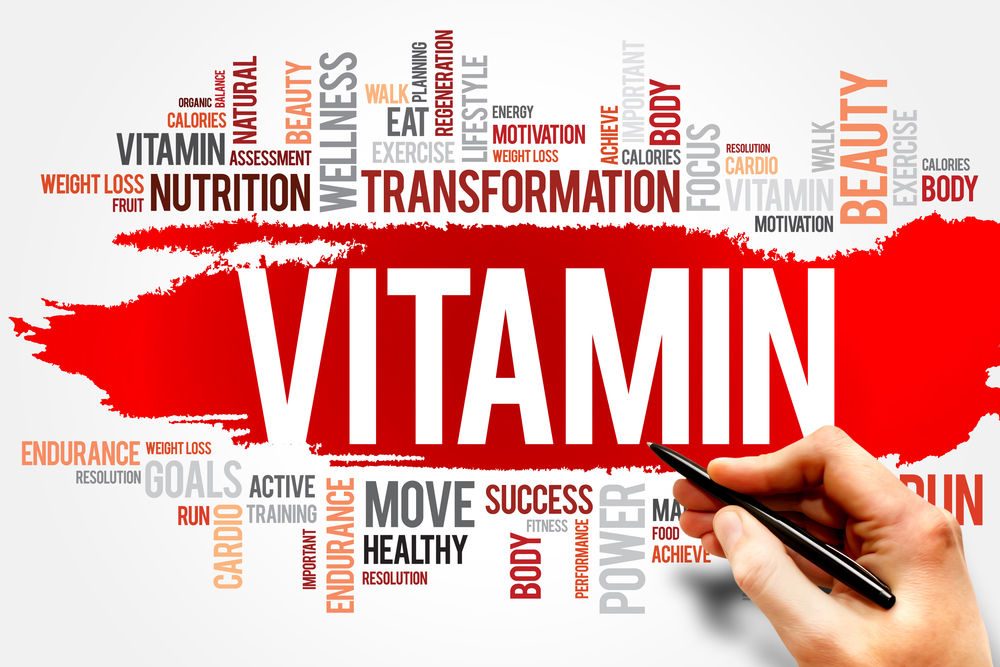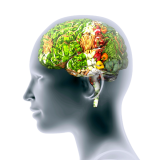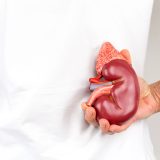

Oxygen is essential for life. Human beings can live without food and water for days or even weeks, but deprived of oxygen we would be gone within minutes. The oxidation process is essential to our metabolic functions. It’s how we absorb food and how we create energy in our bodies. And in the process of creating energy and powering the metabolism, oxidation creates byproducts that the body is designed to handle and dispose of. . .usually. But when the delicate balance of our internal environment is disturbed, this most basic element of life also plays a significant role in creating disease and can even accelerate aging.
Oxidative Stress
When oxidation occurs in the body, such as in digestion or during exercise, free radicals are created. Free radicals are highly unstable molecules that are looking for other molecules with which to bond, which stabilizes them. Unfortunately, if these free radicals bond to molecules within the cells of our tissues and organs they create damage that can be serious and sometimes irreversible. This is called oxidative stress.
Under ordinary circumstances the human body can handle these free radical invaders and prevent damage using naturally produced antioxidants such as: glutathione peroxidase, catalase and superoxide dismutase. Antioxidants are like the selfless marine in the war movie who jumps on the grenade to save his buddies. They are the body’s primary defense against oxidative stress.
Antioxidants perform this heroic function by bonding with the free radical and stabilizing it. Once disarmed, the now harmless free radical and the “dead soldier” are gathered up and excreted via the body’s natural elimination process. These suicide missions occur whenever free radicals are produced by oxidation reactions. This constant state of alert creates an ongoing need for antioxidants to be available, and the body can only naturally produce so much before it is overwhelmed. When the body cannot compete with the onslaught of free radicals, disease and dysfunction can be the long-term result. Some of the maladies associated with oxidative stress are:
- Heart Disease
- Cancer
- Arthritis
- Lung Disease
- Fibromyalgia
- Diabetes
- Neurodegenerative Disorders (Parkinson’s, Alzheimer’s)
- Autoimmune Diseases
- Macular Degeneration
Fortunately, nature provides ample food sources to bolster the protective mechanisms against oxidative stress. Some common food sources of antioxidants are:
- Dairy and Eggs – Vitamin A and selenium
- Fruits and Vegetables – Vitamin C, beta-carotene, lutein, lycopene
- Berries – carotenoids, lutein, zeaxanthin, ellagic acid, anthocyanins, pterostilbenes
- Herbs/Spices – turmeric (curcumin), sage, oregano, wasabi
- Green Tea – polyphenols
- Seeds/Nuts – Vitamin E, zinc
- Cruciferous Vegetables – alpha lipoic acid
As you can see, a balanced diet consisting of fresh whole foods that are cooked at home is an essential step in providing your body with the nutrients it needs to protect itself from oxidative stress. And, in a perfect world, that might be enough. Unfortunately, free radicals come from the outside as well. In fact, the greatest health threat from oxidative stress is from the external environment, and even the best nutritional lifestyle may not be enough to combat this.
The Case for Antioxidant Supplementation
The number of toxins to which the average person is exposed to from the air, water, food, technology and poor lifestyle habits creates an overload of free radicals that many believe requires supplemental nutrition in order to adequately protect the body. According to Dr. Jeffrey Blumberg, professor of nutrition at Tufts University in Boston:
“External toxins, especially cigarette smoke and air pollution, are free radical generators. These toxins are ubiquitous in the environment and can overwhelm the body’s natural free radical defense system.”
The truth is that using diet alone to get all of the right antioxidants in the proper proportions to perform their individual duties is very difficult under the best of circumstances. In today’s hyperactive, multi-tasking world, where takeout meals and fast food have largely taken the place of home cooking, it has become more difficult than ever. By augmenting your diet with the well-designed, highly bioavailable nutrient formulations you will take a giant step towards tipping your metabolic scales back in the direction of health, balance and longevity.




